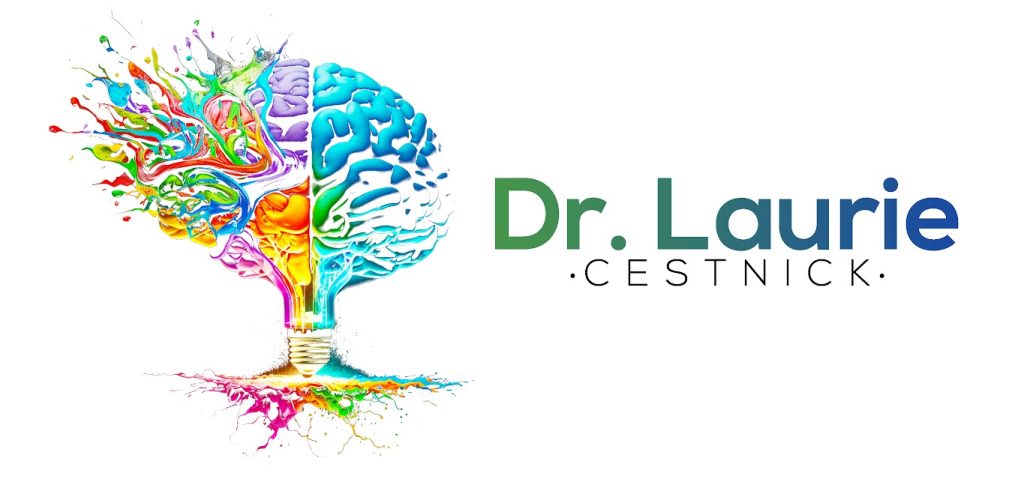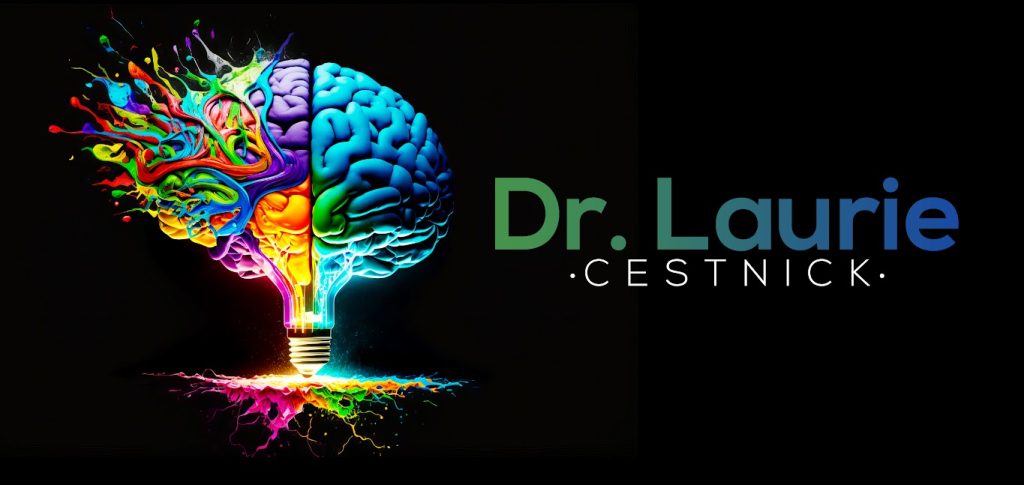You know how you can wake up, go through your usual routine, and still feel like something is off?
After a brain injury, that “off” feeling can stick around. It’s not just the headaches or the tiredness—it’s that your brain isn’t handling things the way it used to. You might forget why you walked into a room, lose track in the middle of a conversation, or stare at your to-do list like it’s written in another language.
That’s where a complex brain injury assessment comes in. It’s not a quick check. It’s a deep look at how your brain is really working right now—memory, focus, problem-solving, reaction time—so you can stop guessing and start working with a plan.
Seeing The Stuff You Can’t Always Spot
Here’s the tricky thing about brain injuries: a lot of the changes aren’t obvious to the outside world. You might look fine. People might even say, “Oh, you seem back to normal.” But you know you’re not.
An assessment digs into:
- How quickly you can process what you hear or see.
- How much do you remember after a few minutes—or a few hours?
- Whether you can organize tasks in the right order.
- How well you can focus when there’s background noise.
And because no two brains are the same, even if two people have the “same” injury, the results can look completely different. That’s the point—getting your results, not a generic label.
Why Everyday Stuff Suddenly Feels Harder
Here’s a real-life example. Before the injury, you could scroll your phone while talking to someone and still keep track of the conversation. Now? One notification comes in, and the whole chat derails.
Or maybe:
- You open your laptop and forget what you meant to do.
- You start dinner, then realize you missed half the ingredients.
- A decision that used to take seconds now drags on for minutes.
It’s exhausting. And it’s not about willpower—it’s the way your brain is firing signals now. Once you know which part is struggling, you can find a workaround instead of pushing through and burning out.
The Tests That Actually Tell You Something
The word “assessment” sounds stiff, but honestly, some of the tasks feel like brain games—matching shapes, recalling words, solving little puzzles. They’re designed to push different parts of your brain and see how they respond.
You might:
- Hear a short list and repeat it later.
- Spot a pattern under time pressure.
- Work out a simple logic problem while someone talks in the background.
- Listen to a short story and answer questions.
It’s not about getting a “good score.” It’s about spotting which gears are grinding and which ones still spin just fine.
Turning Numbers Into Real-Life Help
The test results aren’t meant to sit in a folder—they should turn into changes you can actually use.
For example:
- If memory’s the issue, you set up alarms or leave sticky notes in obvious spots.
- If focus is the weak point, you set up a quiet “no interruption” zone.
- If thinking speed is slow, you give yourself permission to take the extra few minutes.
- If the mood is unpredictable, you build in short breaks to reset.
It’s practical stuff you can plug into your day without having to overhaul your entire life.
How It Helps In Work, School, And Home Life
A brain injury doesn’t stay neatly in one corner of your life. If you’re working, you might notice you’re slower on deadlines. If you’re studying, lectures can feel like trying to drink from a fire hose. At home, you might avoid multitasking because it’s just too much.
The assessment can help you make adjustments, like:
- Breaking projects into smaller parts.
- Following a predictable daily rhythm.
- Ask for instructions in writing so you don’t forget.
- Being realistic about energy limits.
These small changes can make a big impact in how well you can keep up and how in control you feel.
Tracking Progress, Even If It’s Slow
One session gives you a snapshot. But brains change—sometimes for the better—so follow-up checks matter. They show you if your focus is improving, if memory is lasting longer, or if a strategy you’ve been using needs a tweak.
And here’s the thing: progress isn’t always obvious in the moment. Seeing it on paper can give you that “okay, I am getting better” boost, even when it feels slow.
Wrapping It Up
A complex brain injury assessment is really about clarity. It’s about knowing what’s changed, why it’s happening, and what you can do about it. You stop guessing and start making choices that help, not hurt. Dr. Laurie Cestnick offers a complex brain injury assessment that’s built to give you that understanding—and with it, the steps to make your days work better.


